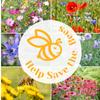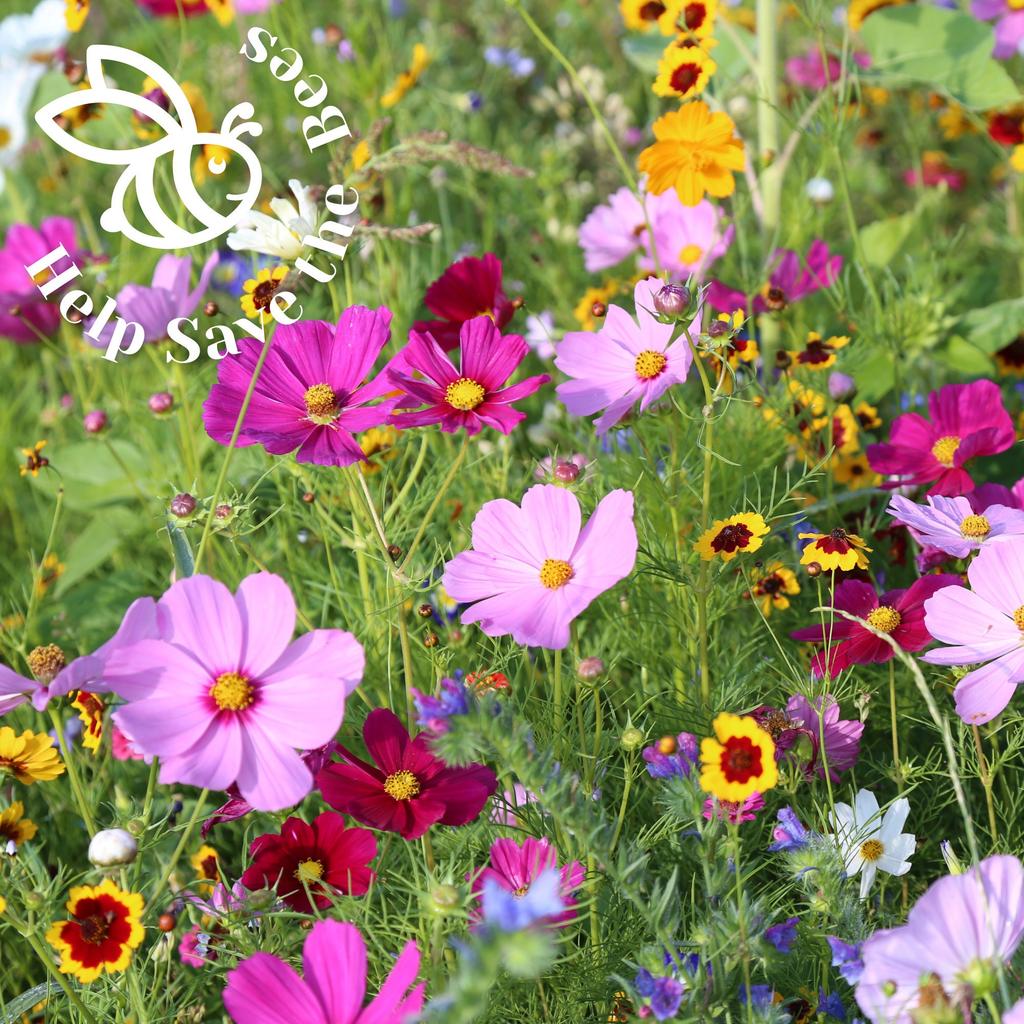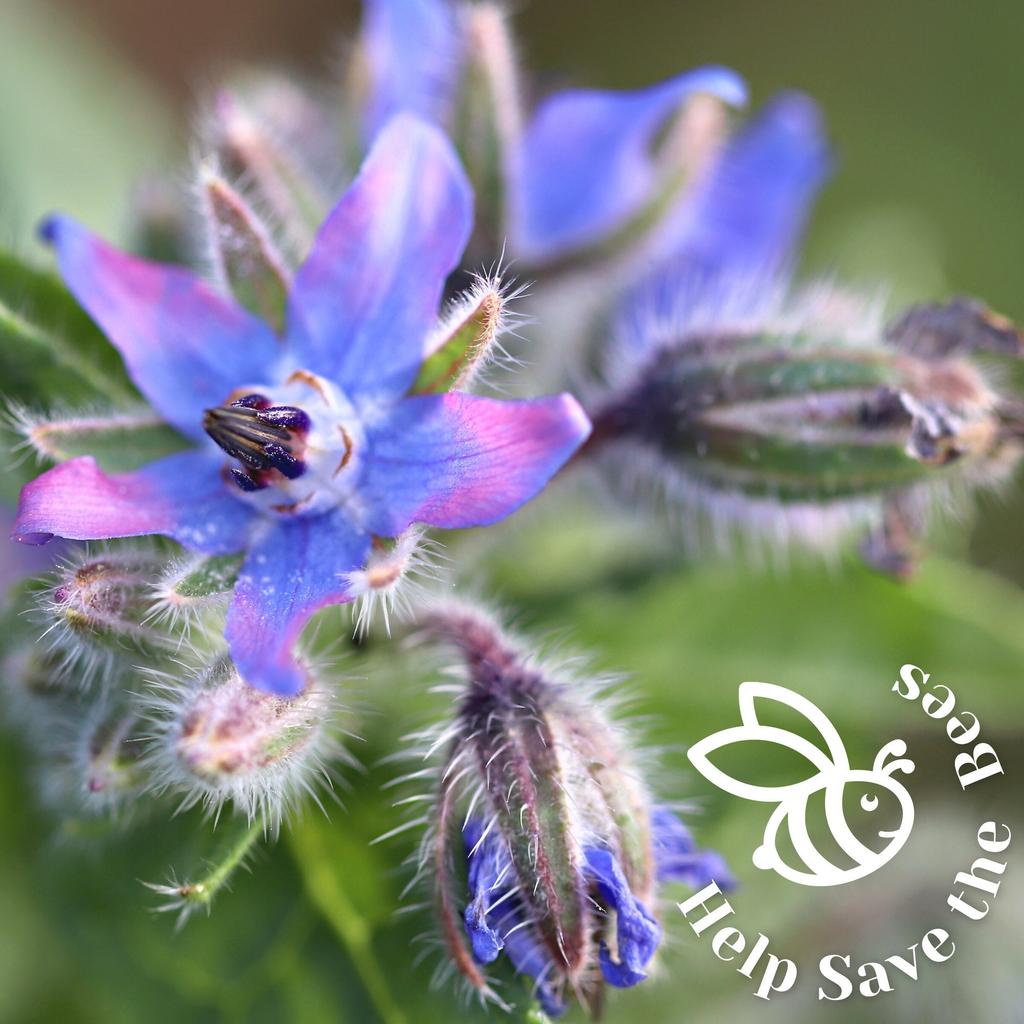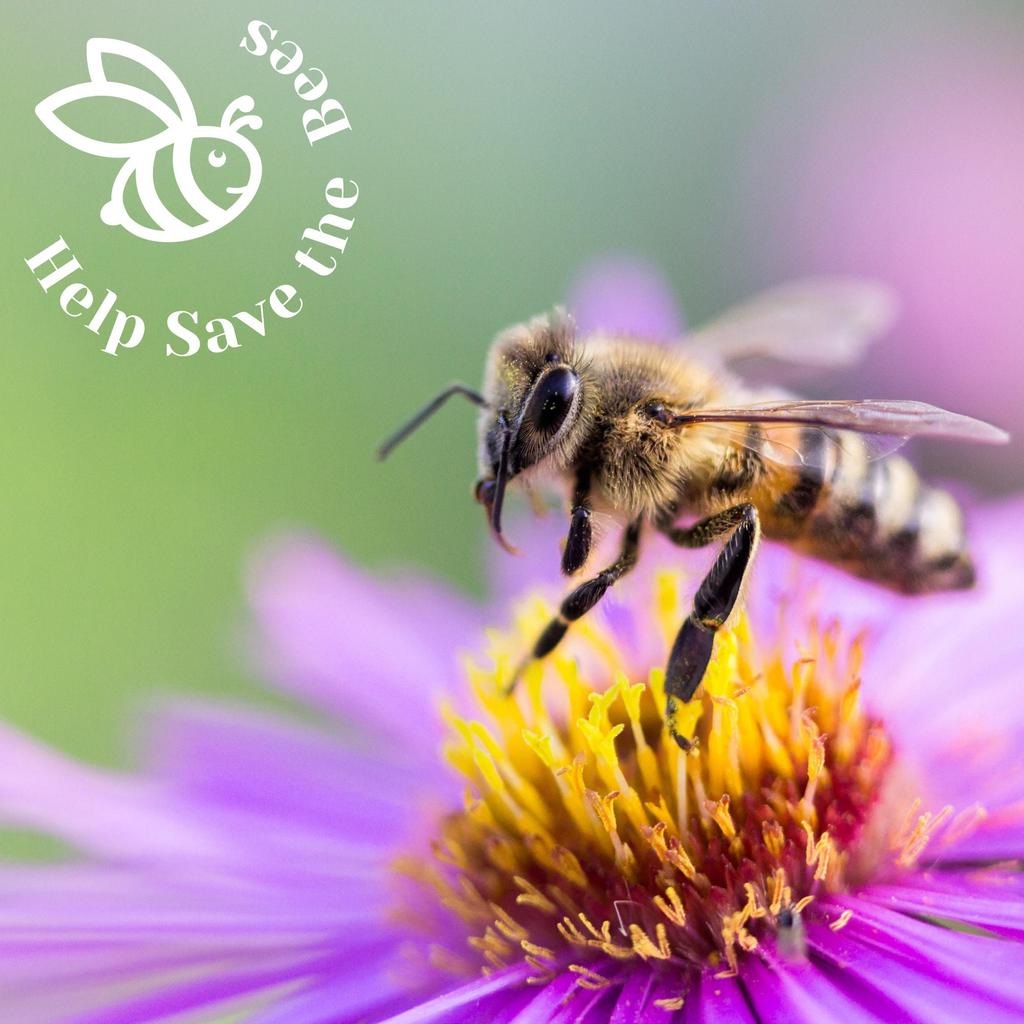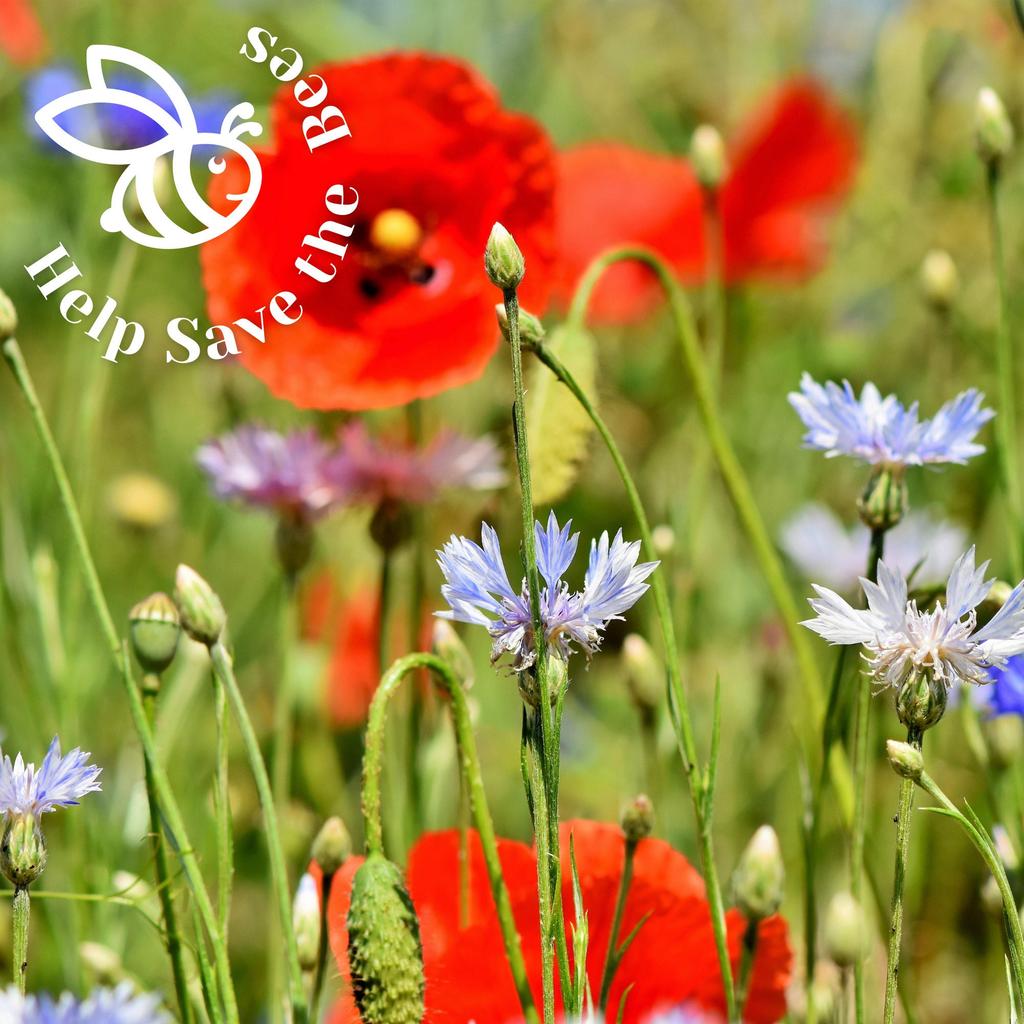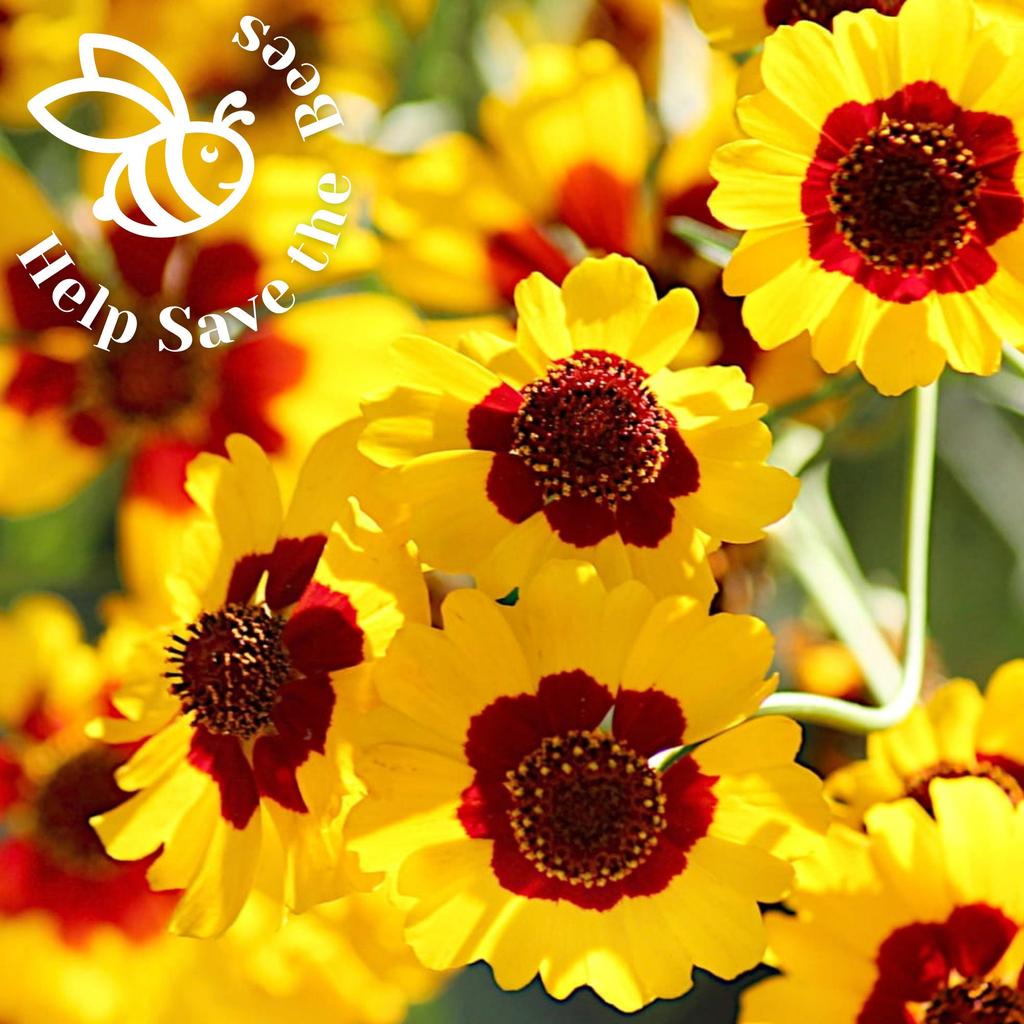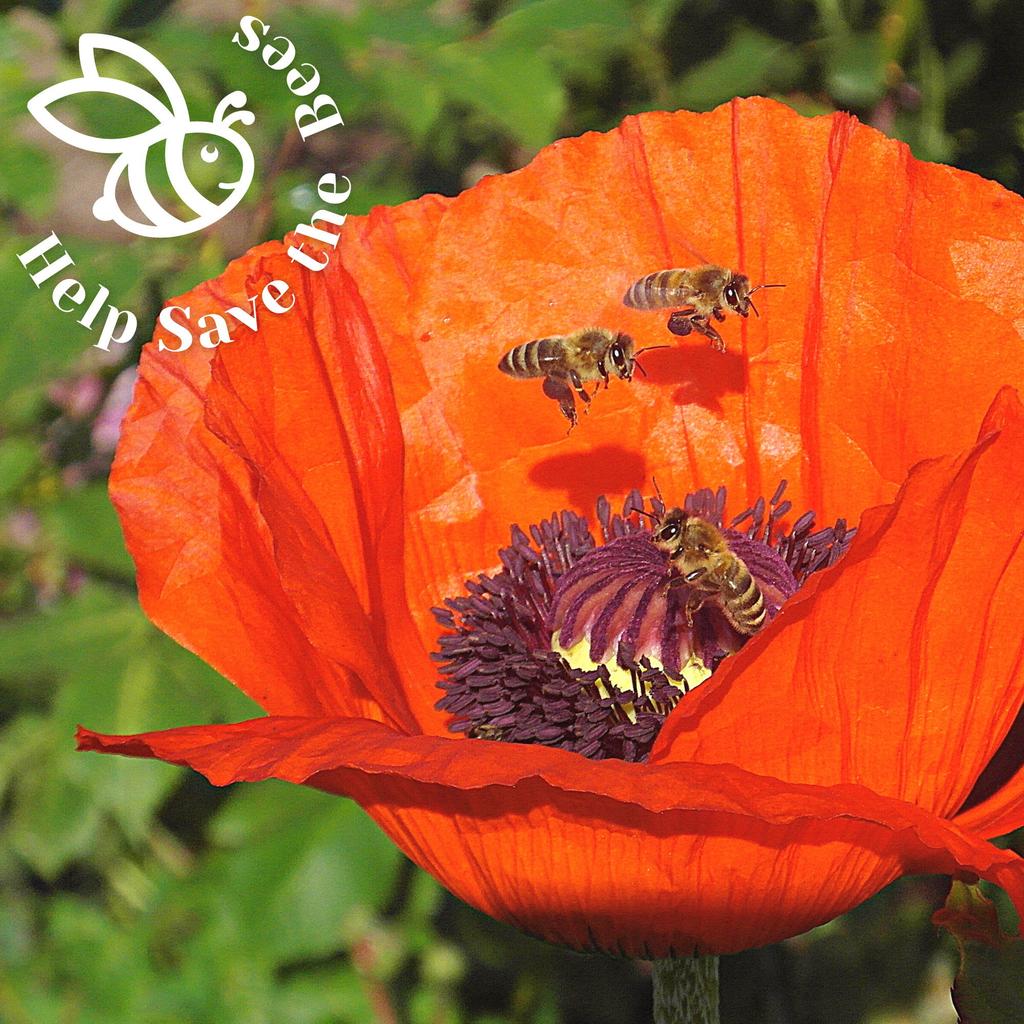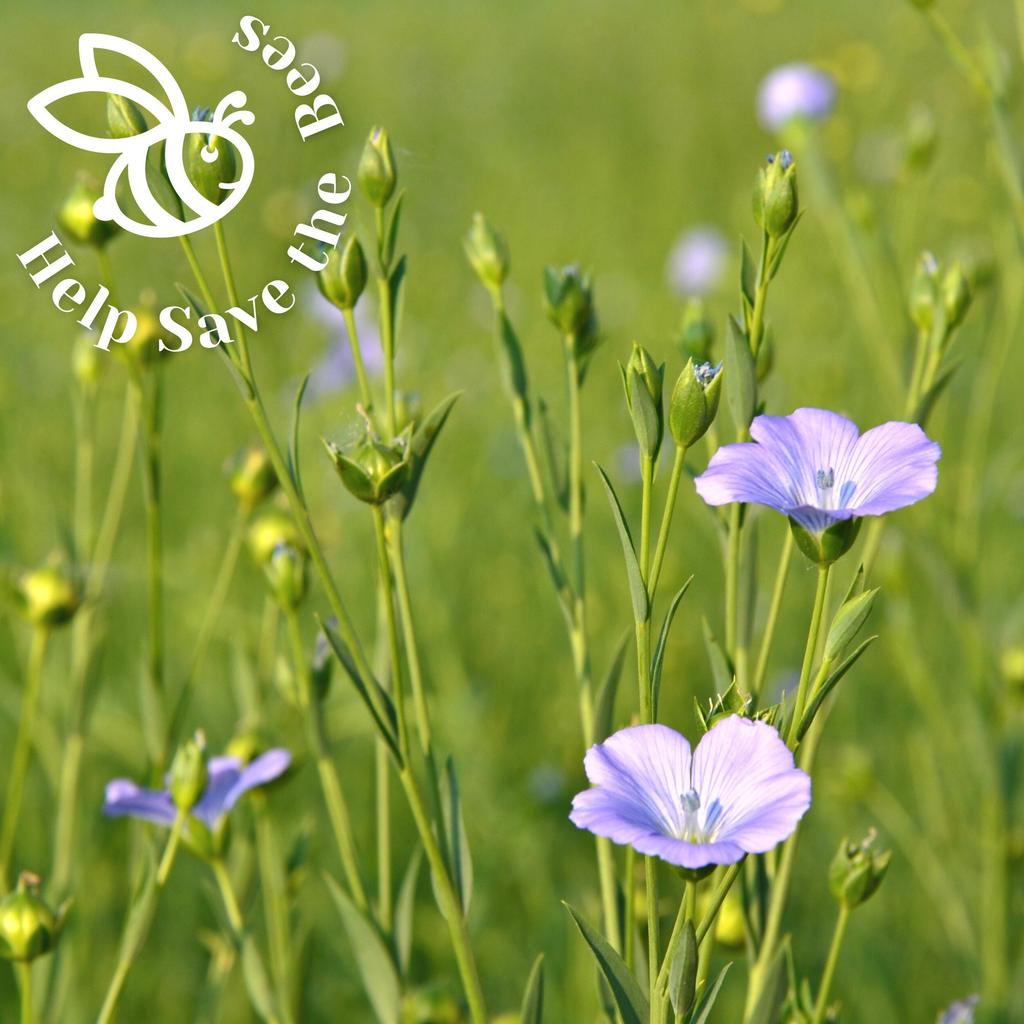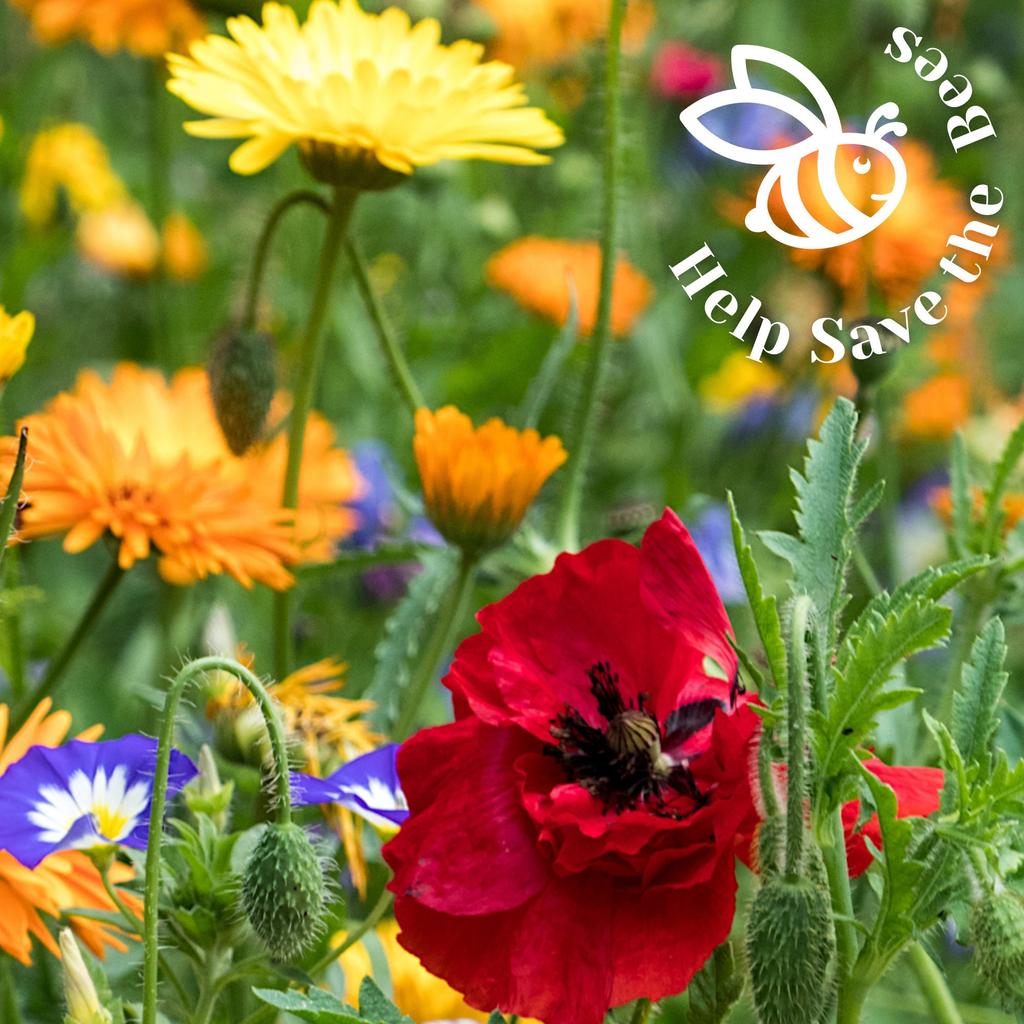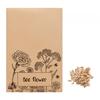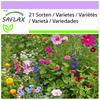What can we do to save the world's most important pollinators?
It's easy! Just find someplace in your garden for nectar-rich plants. By planting a bee garden, you may create a bee-friendly place full of flowers and pollen. Growing bee-friendly plants does not require much space. You can use yards, windows, flower pots, and planters.
The mixture includes more than 20 species of undemanding annuals, and perennial plants with high honey and pollen yield like:
- Borage (Borago officinalis)
- Medical calendula (Calendula officinalis)
- cornflower (Centaurea cyanus)
- Ox-Eye Daisy (Chrysanthemum leucanthemum)
- Calliopsis (Coreopsis tinctoria)
- Cosmos (Cosmos bipinatus)
- Moldavian Dragonhead (Dracocephalum moldavicum)
- Echinacea Purple (Echinacea purpurea)
- Cretan viper's-bugloss (Echium creticum)
- Buckwheat (Fagopyrum acutatum )
- Gypsophila (Gypsophila elegans)
- Marjoram (Origanum vulgare)
- Bird's-foot trefoil (Lotus corniculatus)
- Flax (Linum usitatissimum)
- White clover (Melilotus albus)
- Melilotus (Melilotus officinalis)
- Lemon balm (Melissa officinalis)
- Marvel of Peru (Mirabilis jalapa)
- Nigella (Nigella damascena)
- Field Poppy (Papaver rhoeas)
Help Save the Bees Seeds Set includes 100g of bee-friendly plants.
Set can be used to sow the edges of lawns, fields, ditches, wastelands, orchards, and pots.
Mixed seeds with sand in a ratio of 1: 3 and sow them from mid-March to June, projecting into previously cultivated land, stirring with a rake.
Important: Both the honey yield and the flowering time of individual plants depend on the weather and an accelerated or delayed growth period.
By choosing our shop you will get premium seeds in original packaging.
All our seeds are tested for germination.
100% Natural
GMO-Free
Organic
package: 100g
